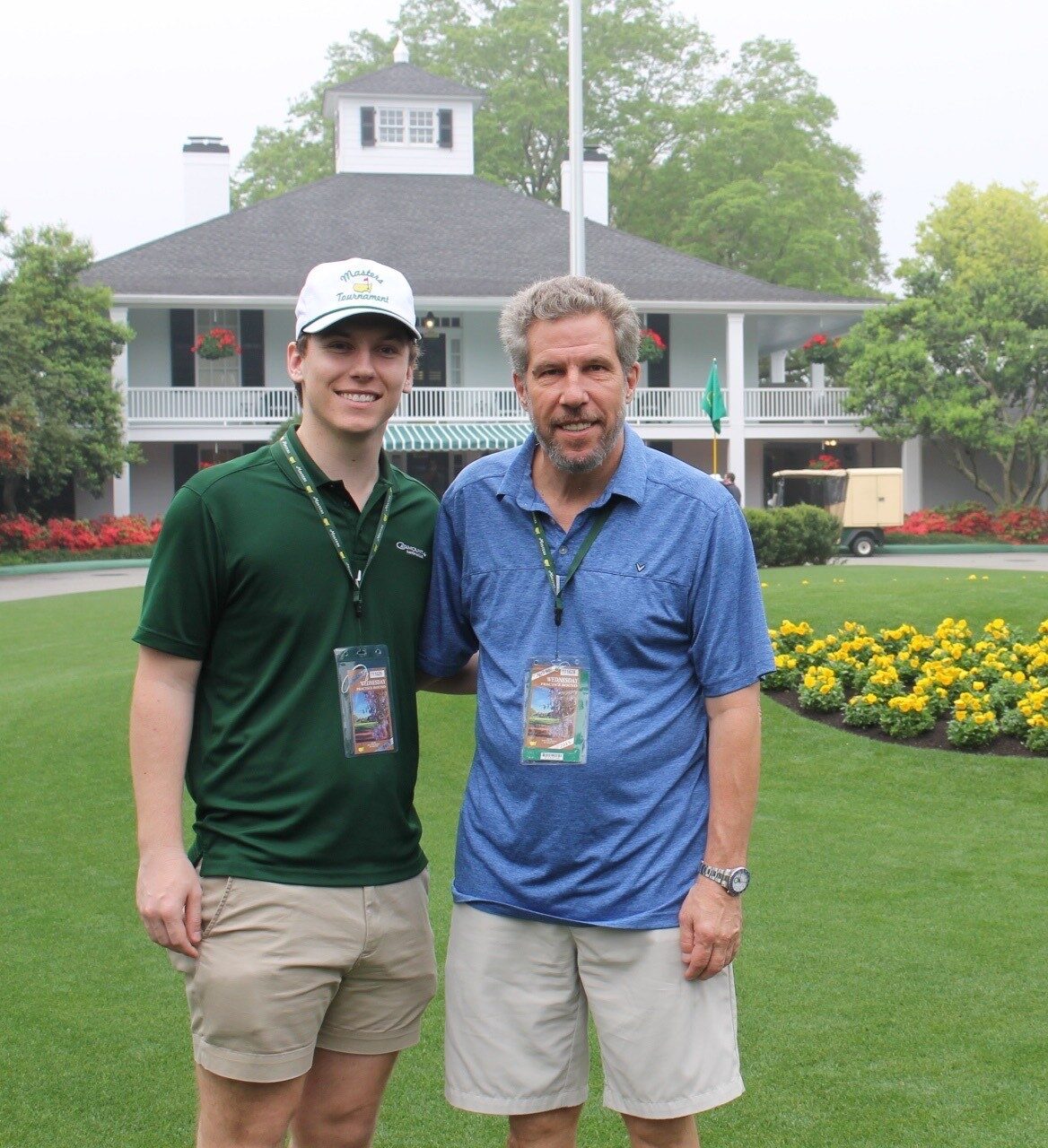
The Legacy
April 11, 2024
This is a guest post by Christopher Wood, Jr, son of the KCA’s late Board Chair and friend, Dr. Christopher…
Read More
In honor of our 30th anniversary, we’re catching up with former grant recipients to hear how their work has impacted kidney cancer care and research.
Dr. Elizabeth Jaffee received the first-ever KCA research grant in 1995 – the Eugene P. Schonfeld Award (now the Young Investigator Award), named for the KCA’s founder. Her project examined whether the immune system could recognize cancer proteins in a similar way as it does virus proteins. She is currently Deputy Director at the Johns Hopkins Sidney Kimmel Comprehensive Cancer Center in Baltimore, Maryland, as well as a professor of oncology. We spoke with Dr. Jaffee about her career and the evolution of the kidney cancer field.
I wanted to test the hypothesis that the immune system could recognize cancer proteins in a way that was similar to virus proteins. This was in the late 1980s and early 1990s. We were working on genetically engineering tumor cells to express immune-activating signals based on recent cloning of cytokines such as IL-2, interferon-gamma, and granulocyte-macrophage colony-stimulating factor (GMCSF*). I also met a surgeon during my training who was an expert in renal cancer and we worked together to identify tumor cells in resected tumors that I then worked on to develop an approach to rapidly and efficiently transduce the GMCSF gene into the tumor cells for testing in patients.
We were able to show proof of the concept that we could induce antitumor immune responses in patients with metastatic renal cancer and had a few patients with clinical responses. We used the patients’ own tumor cells, which was limited in number and therefore limited the approach.
Following the initial studies (two publications), I began working on pancreatic cancer for two reasons. The first is that the urologist I was working with left Hopkins, the second is my uncle died of pancreatic cancer and we had a surgeon at Hopkins who wanted me to work on this cancer. I then developed tumor cell lines from pancreatic cancers and adapted the approach I developed in renal cancer.
We are now testing the concept that a vaccine is needed to activate the most effective T-cell response but must be given with one or more immune checkpoint agents to bypass signals in the tumor microenvironment that prevent adequate anticancer responses.
Great progress is being made with immunotherapy. We are just getting started. I expect there will be significantly more progress in the next 5-10 years in all cancer types.
*GMCSF proteins help modulate the immune system.